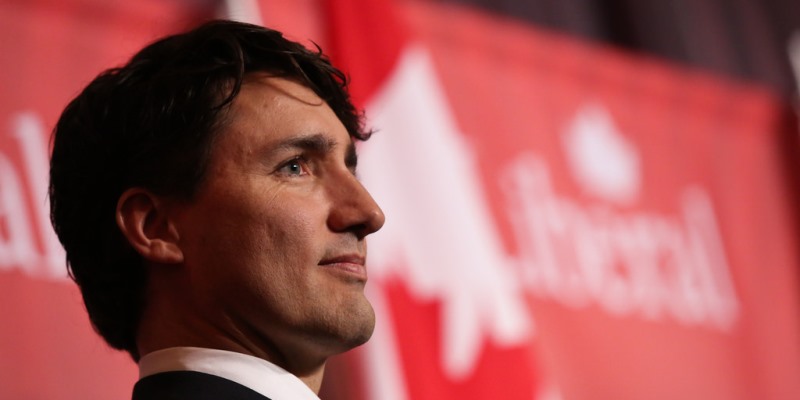Ottawa denies natural gas to another trading partner and perpetuates fictitious agenda

Having shown Germany the back of his hand in August when Chancellor Olaf Scholz asked to buy some of Canada’s abundant natural gas, Prime Minister Justin Trudeau repeated the performance only two weeks into 2023 — this time snubbing the people of Japan.
During Prime Minister Fumio Kishida’s recent visit to Ottawa, Trudeau flatly rebutted Japan’s request for assistance in securing additional natural gas supplies from Canada to protect Japan’s economy and quality of life in the face of gas shortages caused by Russia’s war on Ukraine.
Adding insult to injury, the prime minister instead focused on Canada’s interest in working with Japan on alternative energy sources conforming to Trudeau’s “net-zero” carbon energy policies. He gave the same lecture to Chancellor Scholz, despite Germany’s almost suicidal devotion to its renewable energy transition — the “Energiewende” — over the last 13 years.
But aside from discounting the needs of two peoples who largely share Canada’s values, Trudeau’s natural gas snubbing of Japan and Germany is really bad policy for Canadians.
First, it’s bad for Canada’s trade and economy. This should be self-evident. We have a resource that does less damage to the environment than available alternatives and which we could sell at a good profit to people who are eager to buy it. Yet we simply won’t do it.
Second, snubbing our allies in this way undermines Canada’s reputation as a reliable trade partner and raises red flags to other countries that might want to develop trade relations with us.
Third, the prime minister’s actions harm Canada’s foreign policy power. It makes no sense to slap down countries with shared geopolitical interests that you’ve partnered with in the past and might want to partner with again in future in order to influence world policy.
Finally, our actions perpetuate the fiction of rapid decarbonization of global energy systems and an accelerated transition to electrification based on renewables. Such efforts have been failing globally since they became the idée fixe of environmentalists in the 1970s—had the promises of the renewable/electric car boosters been achieved over the last 50 years, nobody would be asking to import Canadian gas or oil in the first place.
But in addition to sapping our economic and foreign policy strength, Canada’s continued fixation on the “green energy” transition will also, ironically, harm the environment. Yes, the environment. The pursuit of a rapid energy transition is causing massive environmental degradation thanks to the mad scramble to increase global production of rare metals and minerals, the destruction of ecosystems in the name of producing biofuels and the despoiling of untold hectares of pristine land to cover with low energy-capacity wind turbines and solar collectors that are creating a global waste disposal crisis.
I would normally end an opinion column like this with a call for the prime minister to abandon his manifestly terrible policy positions on fossil fuels, trade and foreign affairs. But I fear he’ll never relent. It will take a major reversal on multiple fronts to improve these policy files.

